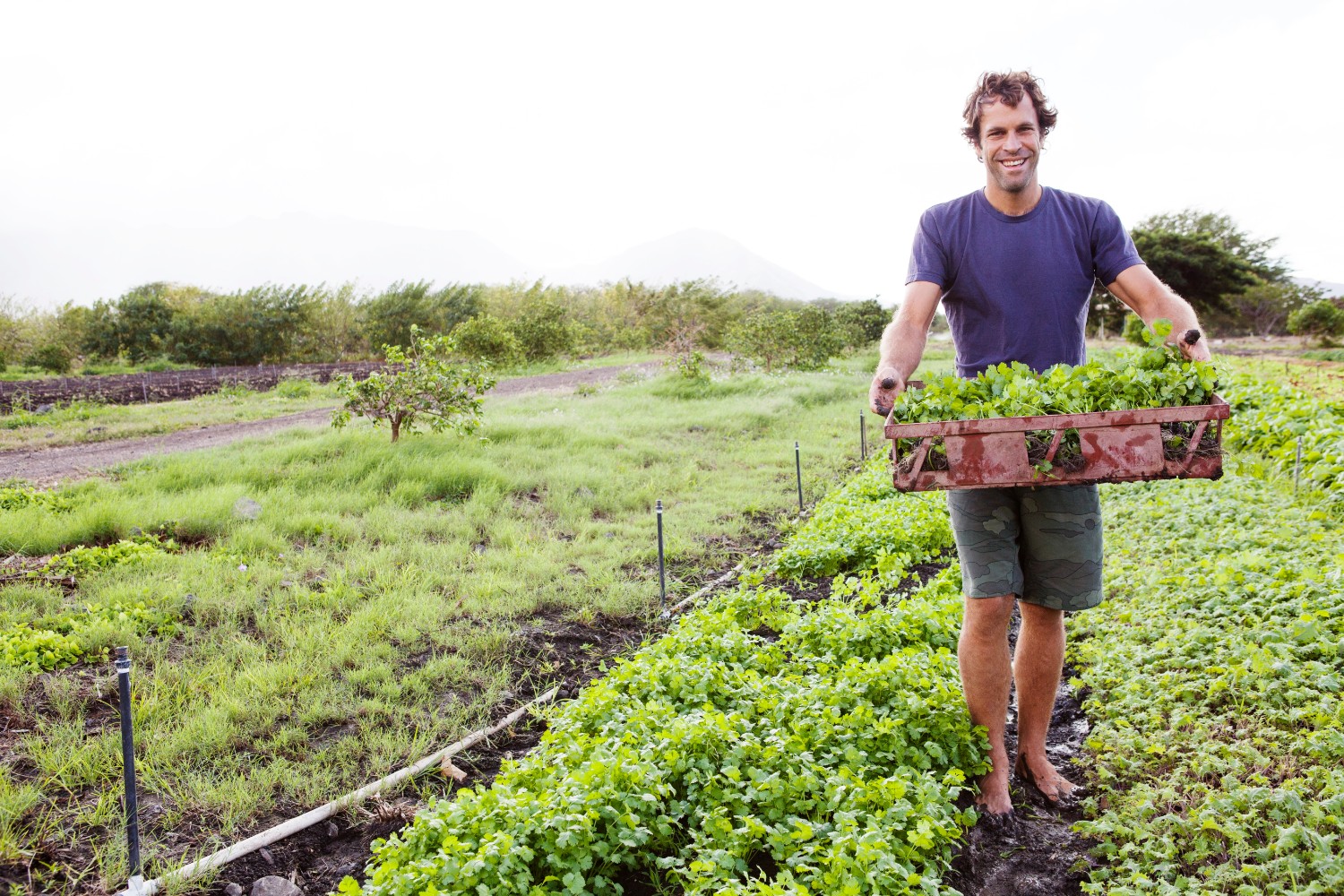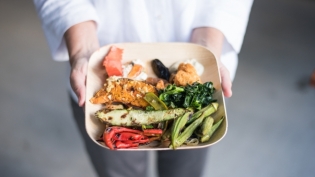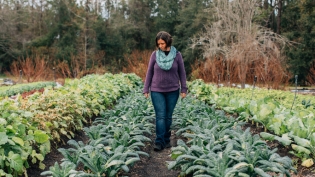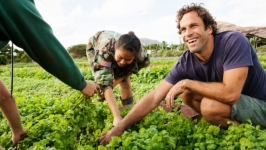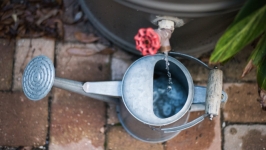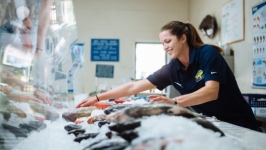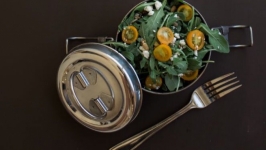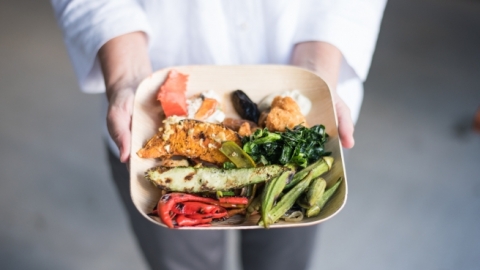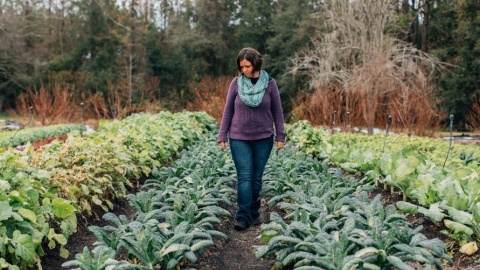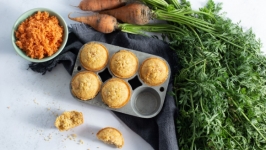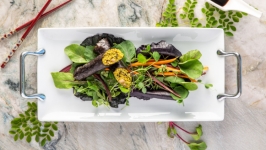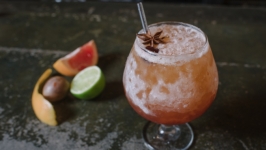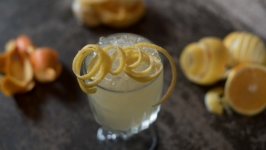A Conversation with Jack Johnson
When most of us think of singer-songwriter Jack Johnson, it’s easy to get lost in his soulful, feel-good lyrics that conjure visions of sun-kissed days in the sand, sipping juice from a coconut or swinging blissfully in a hammock by the sea. Listening long enough also reveals Jack’s passion for the environment and social causes. It’s no surprise he’s leading a march to “green” the music industry, but what most people don’t know is that he’s also been instrumental in supporting people and non-profits working hard for these causes across the nation. And, this is especially true in Northeast Florida. Over the years, the Johnson Ohana Foundation and the All at Once social action network have made it their mission to support (and inspire) local organizations that advocate for good food and the environment.
We recently caught up with Jack between touring, gardening, surfing and family time to learn more about his commitment to the causes he cares about — both at home and right here in our region.
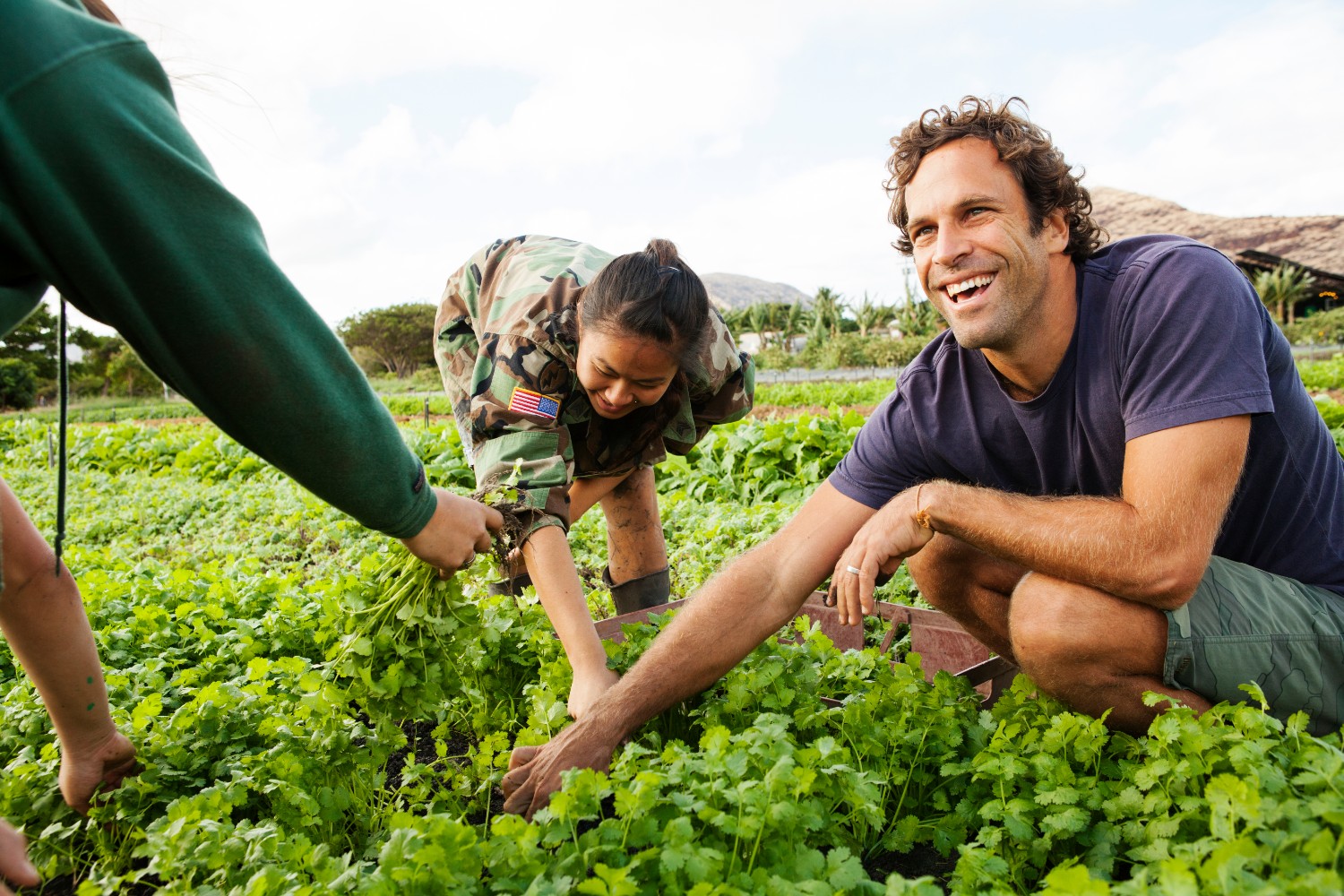
Most people know you as a musician. But, you also seem interested and are actively involved in advocating for good food and the environment through your Johnson Ohana Foundation and the All at Once social action network. How did this interest come about?
JACK JOHNSON: My two favorite things growing up were surfing and music, but I never really thought music was going to be my job. Before I was a musician, I was a lot of other things. I landed a great job towards the end of college. In the summer, I started running a surf and kayak camp for kids. It was great. You can’t get a better job than working with kids and teaching them how to surf, about the ocean, currents. The music kind of happened by accident.
The foundation was really just bringing all those other interests together. My wife has a background in education. She taught for years at the high school level. Starting the foundation and being involved was just a real natural thing for us, as a way to work with kids and schools. We began in Hawaii with a non-profit group that we founded. Then as we got that feeling of how good it felt to put the energy we had from the music into schools and education, and we started meeting all these great groups, we wanted to expand [that feeling] everywhere we toured. Ever since 2008, there’s been a nice, clean connection between all the work we do with the education and the music.
Why is advocating for food so important to you?
JJ: We’ve tried to focus on the things that will be a clear connection at the shows, especially for young fans. I think often there’s a disconnect between the way we live our lives and this word “environmentalism.” A lot of times people think, oh that’s something somebody else is, and that’s not something I am. It’s really important to show people at a young age that the choices they make around food and choices they make around all their actions during the day have the power to change the world.
I think for every family to sit down and think about how they consume food — it’s one of the most important choices you can make that has such a profound effect on the planet and our health. There are so many things you can teach through eating and growing food, and that’s where we found ourselves focusing. At every show we have vendors who we work with to get locally grown food into the venues … some places are easier than others. We have a lot of control over the backstage and for a long time, we’ve been setting a radius and trying to source all of our food for catering within that radius.
It goes over into consumption as well, and we’re trying to cut down on plastics. That’s another connection to food and how we shop -- so people can see that all the choices we make in our day are so important.
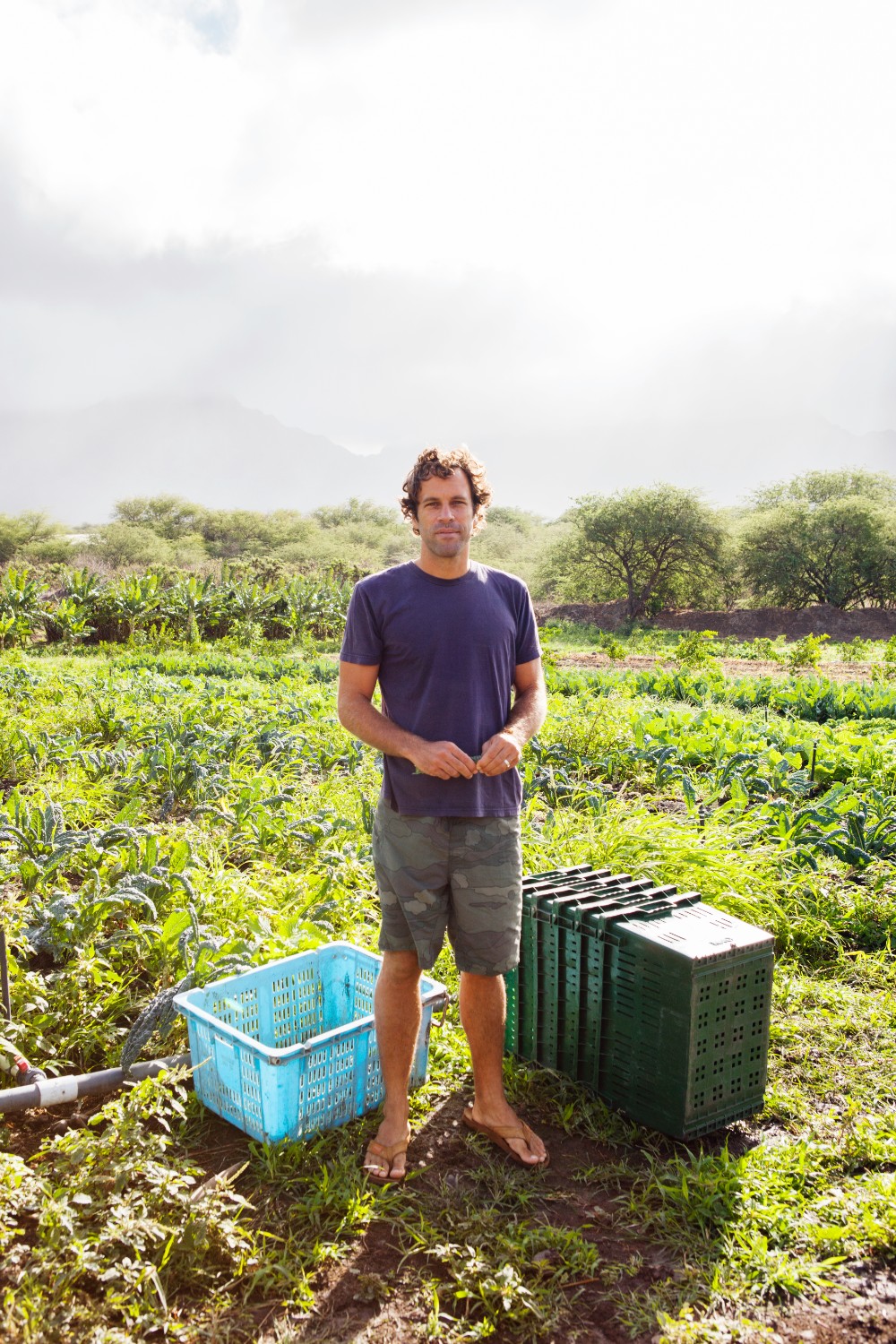
Often, when people think about food, they don’t think about its relationship to the environment. How are these two things connected for you?
JJ: Growing up in Hawaii, there’s a really strong connection between food and the environment. Anywhere you are in the world, really [with how food is grown, its distribution, the miles food has to travel], but especially in Hawaii. It’s a place where we could be growing so much of our food, but instead we’re shipping in almost 90 percent. It’s a real issue. Presenting people with a bunch of problems sometimes can overwhelm them to the point that they disconnect. If it’s fun, you feel like you want to engage in that work and be part of the solution.
That fact alone was a big inspiration for why we started working with food in the schools. We wanted to plant seeds with kids at a young age. To see that you grow food and it doesn’t just pop up in a market. The younger you introduce that idea, the more you can do it in a way that’s fun and inspirational. Understanding that is really important, so kids can take those next steps of seeing different ways of growing food, and appreciate the amount of respect we need to have for our farmers and how much work it takes.
How do you define eating “local?” What does a sustainable food system mean to you?
JJ: That’s for people to define individually. People can take baby steps, maybe start with a meal a week. In Hawaii, there’s a real clear parameter. You have the island you live on, you can go that local, if you want. I like to support any of the islands in Hawaii, anything that’s grown there. That makes it real clear cut and easy.
Then you have those next steps of deciding [whether or not] to eat organic food. That’s an interesting question in Hawaii because there aren’t many organic farms. There are a couple, which is great to see and we try to support them as much as we can. But really we want to support any farm that’s growing food and not from GMO seed. A lot of our farmlands are being taken over by GMO crops.
When we travel, we have a whole team thinking about this, not just myself. Everybody who tours with us is aware of this priority. Before we tour, we have a big group meeting/celebration for the tour where we pass out all of our reusable utensils and water bottles. We talk about what’s going to be happening with the catering. We invite everyone, and we talk about how we are going to run things on the tour. When you do things in an inclusive way it’s a learning process for all of us, and it really gets people excited to be part of it.
How we define local and sustainable food systems as we tour is dependent on the area we are in, and how close we can make that radius. We try to support as local as possible, but we sometimes have to be ready to shift that radius.
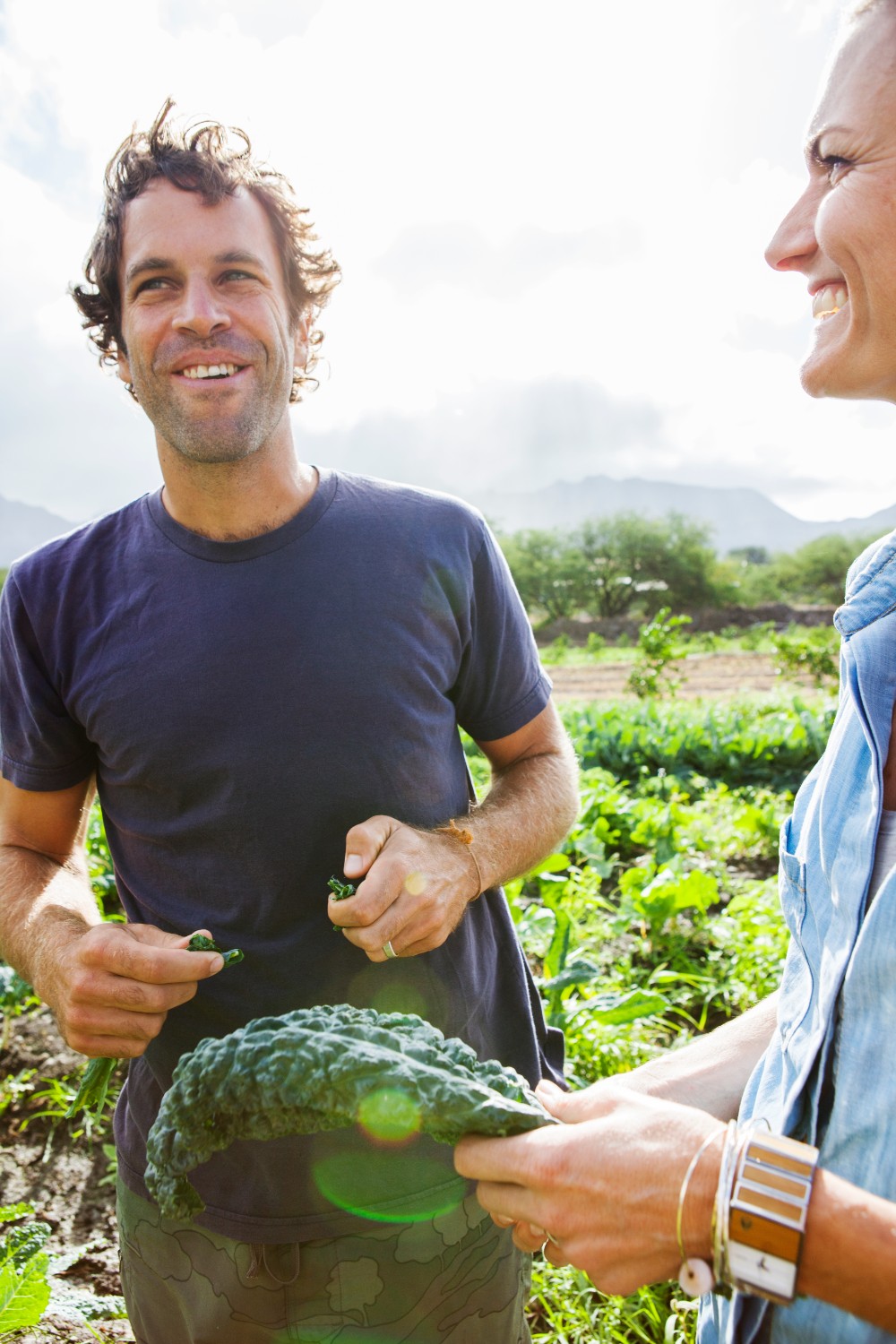
How do you “eat local” on tour or when travelling? Do you ask caterers and venues about sourcing?
JJ: It used to be we had to bring someone on tour with us who would shop at farmers’ markets in the morning, source our food and bring it back. The local catering company would then make the meal. Now the great thing is every town we go to, there’s really great catering, willing to work with us on these things — sometimes beyond what we’re doing. We learn from a lot of them, and more and more, the venues have become open to the conversation [both backstage] and front of the house as well.
The St. Augustine Amphitheatre has been a real inspiration. There are so many people involved when you tour. It takes great promoters and venues that are willing to embrace [eating local]. When you see a venue [like the Amphitheatre] that not only meets what you’re asking for, but has expanded with new ideas then the next time you come back, it’s really great. It becomes more of a conversation. You get ideas from them, and they get ideas from you. Venues and promoters are not just coming around to [these practices] because they want to see the tour happen. When it becomes a conversation, everybody wants to move in the same direction. I love playing those venues.
You have kids of your own. What are some of the ways you teach them about food, and what are the lessons you hope they’ll learn?
JJ: This whole thing has been a learning process. The reason we’re interested in food is because we want to learn about it. Our family loves to cook together and we sit down every night for dinner. Gardening, harvesting and cooking -- going through the whole cycle of seeing a tiny little seed grow into food -- we try to share that with the kids as much as we can.
You've been such an inspiration (and generous supporter) of efforts to promote sustainable living in Northeast Florida. Why the effort here, in our region? What can individuals in our community do to help keep initiatives going that support both the environment and local food here?
JJ: This area is real special. We try to spread the energy in any place we play, but I have a lot of close friends we keep in touch with in Florida. [Friends] keep you hip to organizations doing good work in the area. The more you learn about a place, the more you know which groups to support. Northeast Florida is also near the ocean, and I always love places where I can surf. We try to work really hard when we’re land-locked and take a break when we’re on the coast. On the east coast, it’s become a home for us. We usually spend a few days off, so we’ve gotten to know the area better than some of the other spots we travel. And that’s ended up with us supporting more groups in the area.
It’s been interesting to watch as we’ve toured and tried having a Village Green at every show, where we host local non-profit groups and organizations that people can learn about. At first it felt like a side thing, but more and more it’s become a major part of the tour. We’ve also seen participation from the next generation grow on the last few tours, so I think it’s moving in the right direction. People are getting more involved.
I find that going and doing projects together, making it a fun and soulful event, they want to do it again. I know it’s really rewarding for my family on the weekends too. You have to be careful not to overwhelm your kids and make everything a work day. That’s the key to making it sustainable.
We feel so lucky we get to travel to all these places. Sometimes people ask if it’s annoying to have to do all that work, but getting to meet groups and do the work we do with them, it’s really a privilege. To be honest, it’s the part I love — to look back and see all the good things that have happened because the show came through town. It makes us proud as an organization.
Want to learn more about what the Johnson Ohana Foundation is doing in our region and across the country? Visit johnsonohana.org.


